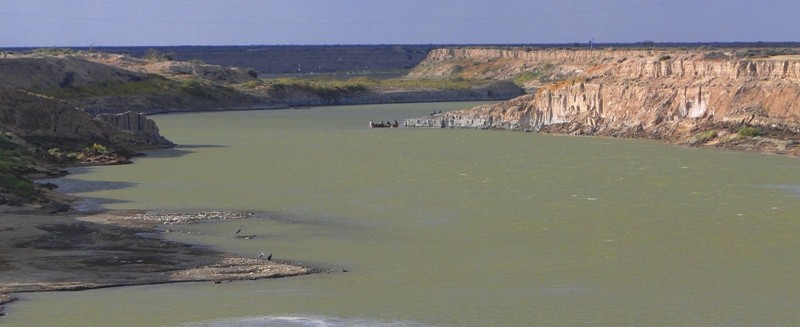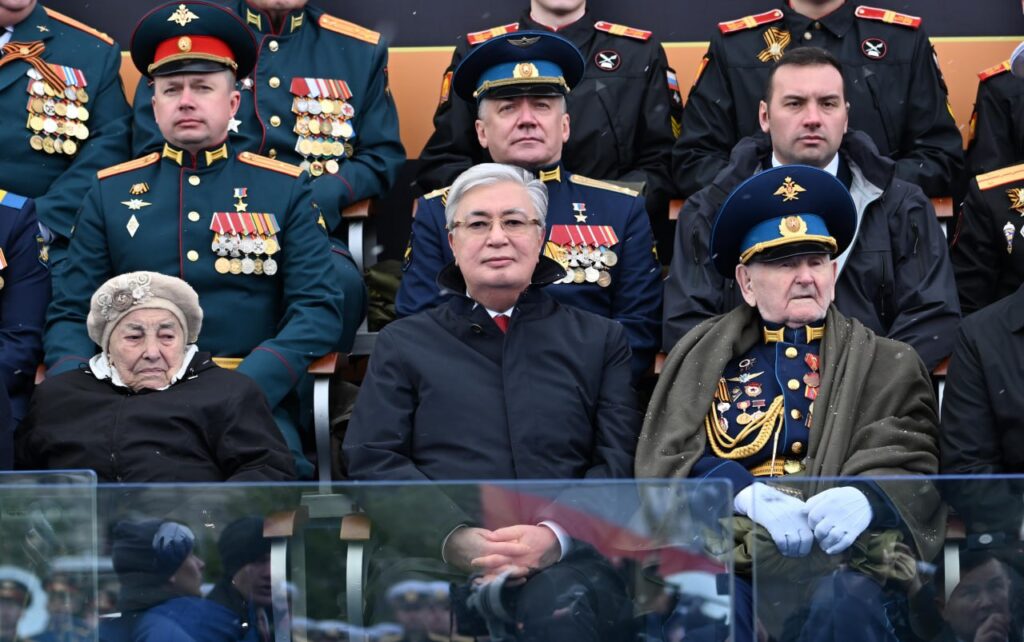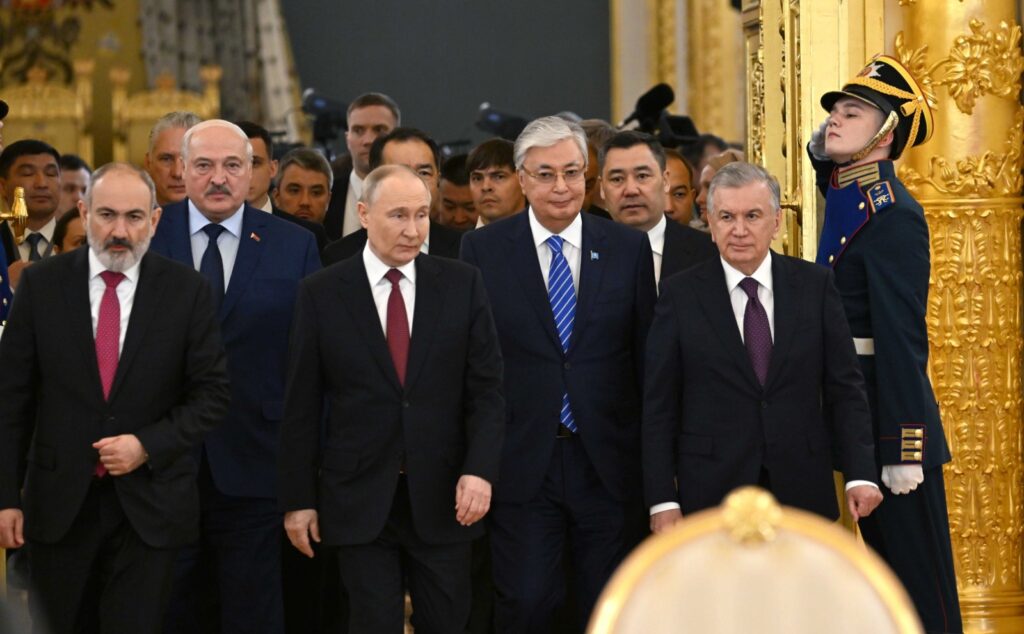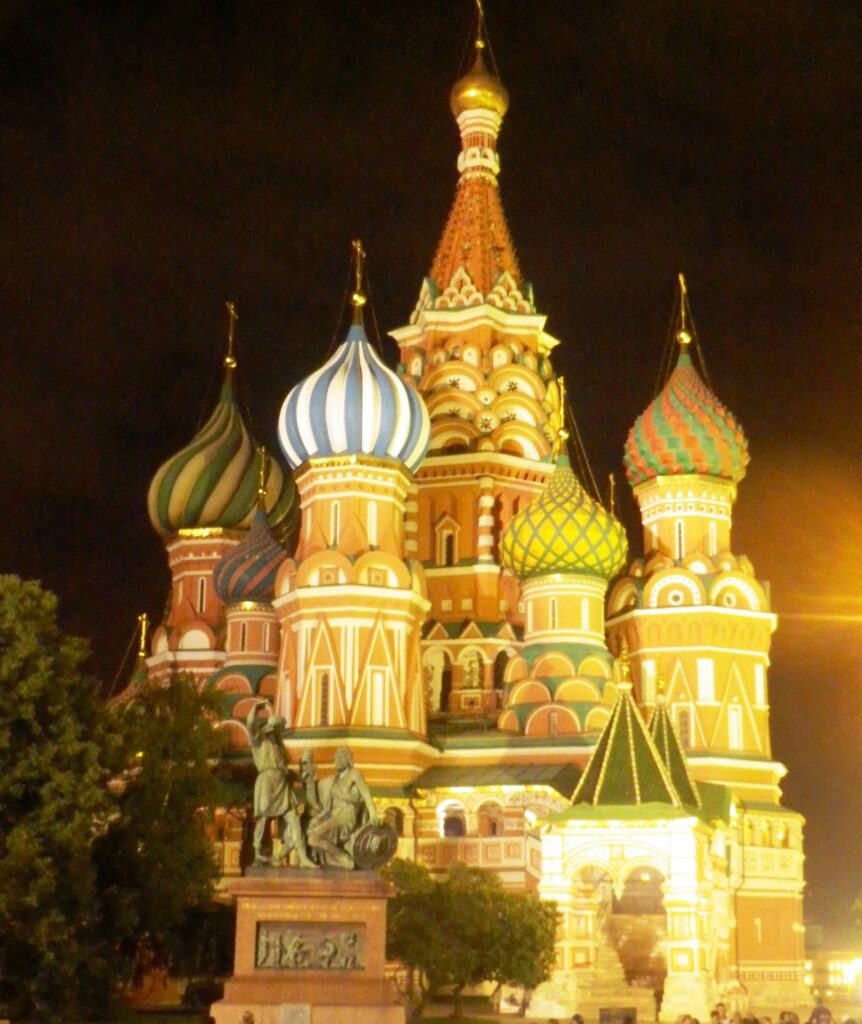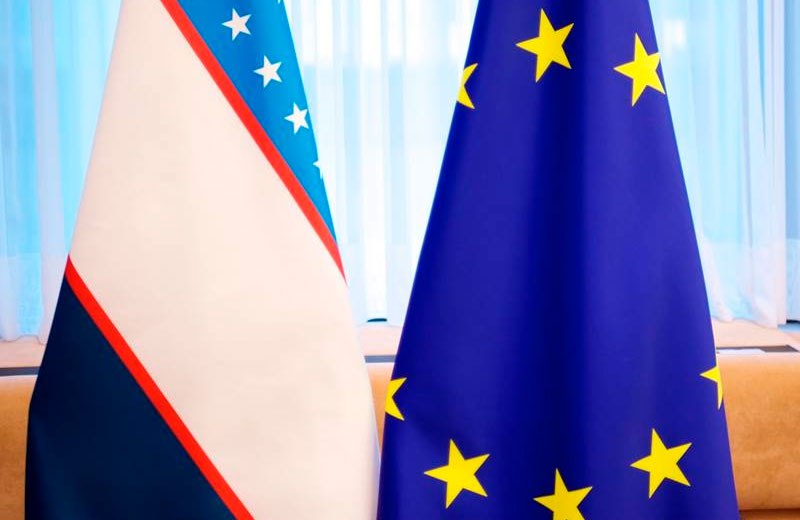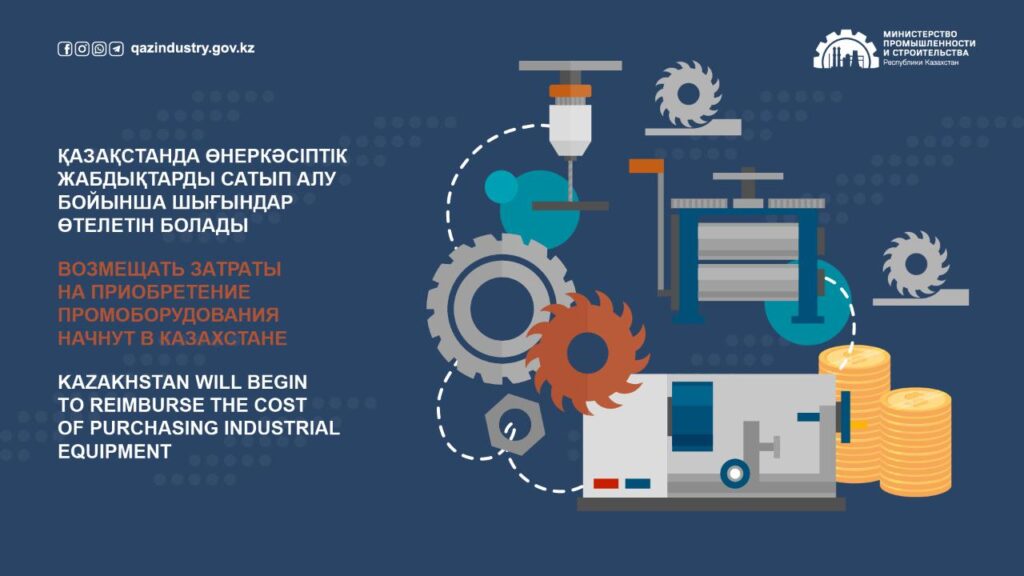This year, as in previous years, the attitude toward Victory Day celebrations in Central Asian countries serves as an important political marker. The leaders of Kazakhstan, Kyrgyzstan, Tajikistan and Turkmenistan are scheduled to attend the Victory Day parade in Moscow on May 9. The leaders of Belarus, Cuba, Laos and Guinea-Bissau will also take part in the celebrations. The absences of the presidents of Uzbekistan, Armenia and Azerbaijan are particularly noticeable in that list.
It’s noteworthy that the Russian press is commenting on the different stances taken by the Central Asian countries in an extremely negative way — deliberately agitating discord between Russia and the region. It’s even been stated that Victory Day has been “canceled” in the region. Such are the broadcasts taking place against a backdrop of analysts’ opinions: that in the coming decades, Central Asian countries won’t be able to break the ties that bind them to their former Soviet master, as the economic dependence on Russia is only growing. This is especially true for Kazakhstan, as the lion’s share of Kazakhstan’s oil goes through Russian pipelines to Europe. In addition, a project increasing the transshipment of Russian hydrocarbons to China through Kazakhstan is in the works.
However, contrary to the opinion of Russian tabloids, the Central Asian countries remain reverent and respectful of the cultural institution that is Victory Day. Most residents of the republics are proud of their fathers and grandfathers who fought on the fronts of World War II. In particular, for several years in a row, Kazakhstan has maintained a leading role in terms of doling out state budget payments to veterans of World War II.
According to statistics, the size of a lump-sum social payment commemorating Victory Day in Kazakhstan, where 148 veterans live, averages $3,800. In Tajikistan there are 24 surviving veterans of World War II, and their payments amounted to $2,200-$2,300. Veterans in Uzbekistan received about $1,500, and in Belarus, Azerbaijan and Kyrgyzstan, about $1,100 apiece. Russia’s 12,500 surviving veterans in Russia will receive the least — the equivalent of only $107.
To be sure, Kazakhstan has not held military parades in honor of the holiday for a year. That move is explained by the need to save money. This spring, unprecedented floods — which affected almost half of the country — have pushed President Kasym-Jomart Tokayev’s administration to tend towards being thrifty and instead fund humanitarian aid and reconstruction. According to the Ministry of Defense of Kazakhstan, the parade requires spending about 4 billion tenge ($9 million) — such a huge sum of money can be spent more impactfully on providing housing for the victims. Along with large-scale, WWII-related festive events in Kazakhstan, other important projects, such as international forums, have been canceled. Nevertheless, in his speech, President Tokayev not only congratulated veterans, but also emphasized the need to prepare for the 80th anniversary of the May 1945 victory, which is scheduled to be widely celebrated next year.
In Uzbekistan, May 9 is considered a Day of Remembrance, but nonetheless President Shavkat Mirziyoyev offered his congratulatory remarks, noting the invaluable contribution of the country’s residents to the victory. The country will hold festive events, and commemorative publications have been prepared. In Dushanbe, the capital of Tajikistan, the opening ceremony of a memorial complex dedicated to those who died in the ‘Great Patriotic War’ was held. President Emomali Rahmon delivered a congratulatory speech.
Kyrgyzstan, like Kazakhstan, canceled this year’s procession of the Immortal Regiment, explaining that decision with a reference to the difficulty of security measures. After analyzing the operational situation in the country and Central Asia overall, there is reason to fear public provocations and terrorist attacks, according to the Kyrgyz Interior Ministry’s Public Security Service. Last year, more than 50,000 people took part in the Immortal Regiment’s appearance in Bishkek. Turkmenistan also contributed to the holiday. A concert dedicated to the 79th anniversary of victory in the Great Patriotic War and other events was held in Ashgabat.
It remains perplexing for the Russian media to accuse the Central Asian countries of canceling their parades, processions and events –especially since Russia itself has done the same. Due to existing threats to public safety, the central headquarters of the Immortal Regiment of the Russian Federation decided not to hold a physical procession in 2024 in front of the public. The reason given was the same danger of terrorist attacks which was cited in Central Asia — which after the attack on the Crocus City Hall concert venue in the Moscow region on March 22, is by no means an empty reason.
Overall, although Central Asian countries haven’t been holding mass public events in honor of Victory Day for several years, the atmosphere of the holiday is preserved — and most importantly, the authorities are still actively supporting the small number of veterans and their families who have been affected by the war to the present day.


